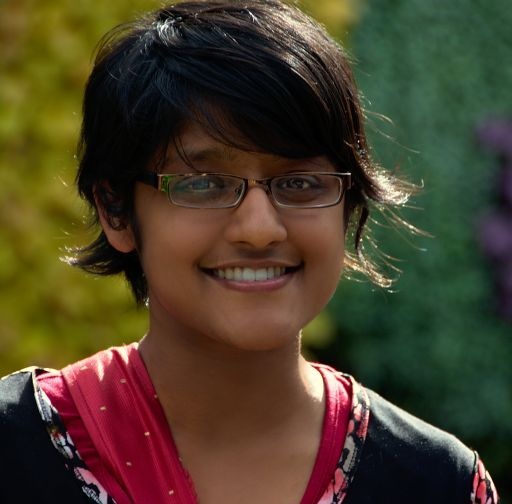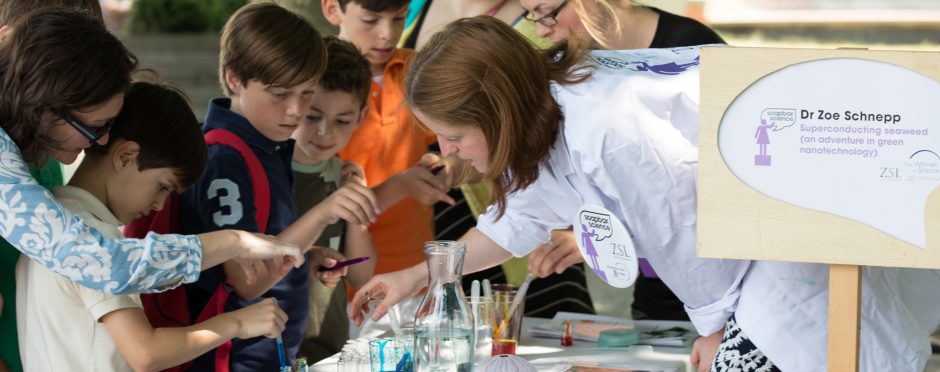 Riddhi Gupta (@riddhisw), The University of Sydney, will be taking part in Soapbox Science Sydney on 10th August with the talk: “Machine Learning and Quantum Control Using our engineering past to navigate a quantum future”
Riddhi Gupta (@riddhisw), The University of Sydney, will be taking part in Soapbox Science Sydney on 10th August with the talk: “Machine Learning and Quantum Control Using our engineering past to navigate a quantum future”
Soapbox Science: How did you get to your current position?
I used to be a management consultant before I discovered that I really missed doing math and physics, so I went back to do a Ph.D. My supervisor didn’t see my five years away from physics as a negative thing. In fact, he funded my Ph.D under really flexible work arrangements so I could visit home in NZ.
SS: What, or who, inspired you to get a career in STEMM?
As a kid, I loved three books: Stephen Hawking’s A Briefer History of Time, and David Attenborough’s, A Living Planet, and Robert Winston’s Human Instinct.
I had loads of opportunities through my local public school, Pakurange College (Auckland, NZ) and the Royal Society of New Zealand to do summer projects with real scientists. One project involved analyzing carbon content in an ancient dinosaur bone to figure out how old it was. In another project, we pointed a radio telescope to the sky and listened to two stars spinning around each other (pulsars). You can hear them here: http://www.jb.man.ac.uk/research/pulsar/Education/Sounds/.
SS: What is the most fascinating aspect of your research/work?
Randomness. Before my Ph.D, I thought there was only one ‘randomness’. It turns out there are many types of random processes in maths. We can use different types of randomness to create very useful tools about the way we observe the world. They can also help us to re-apply what we already know or predict things – a computer’s way of making an ‘educated guess’, just like our brains do.
SS: What attracted you to Soapbox Science in the first place?
It was hard for me to imagine what scientists did until a few of them showed me. Luckily, I got the chance to meet scientists while I was still in high-school so I could figure out what I wanted from life / university. I’m willing to do the same in case anyone wants to know what it’s like to do a PhD!
SS: Sum up in one word your expectations for the day
Chatty.
SS: If you could change one thing about the academic/research culture right now, what would it be?
I wish there was more time to learn stuff. We live in a super-specialised world, and it takes time to break barriers and understand what other people are doing in relation to your own work. Breaking down technical barriers between scientists is also a great first step to make sure we are acting with empathy and being inclusive in our science communities, while making a contribution.
SS: What would be your top recommendation to a woman studying for a PhD and considering pursuing a career in academia?
It’s a big journey. Best not to get distracted along the way. Also, great to have friends / family who can support you.
